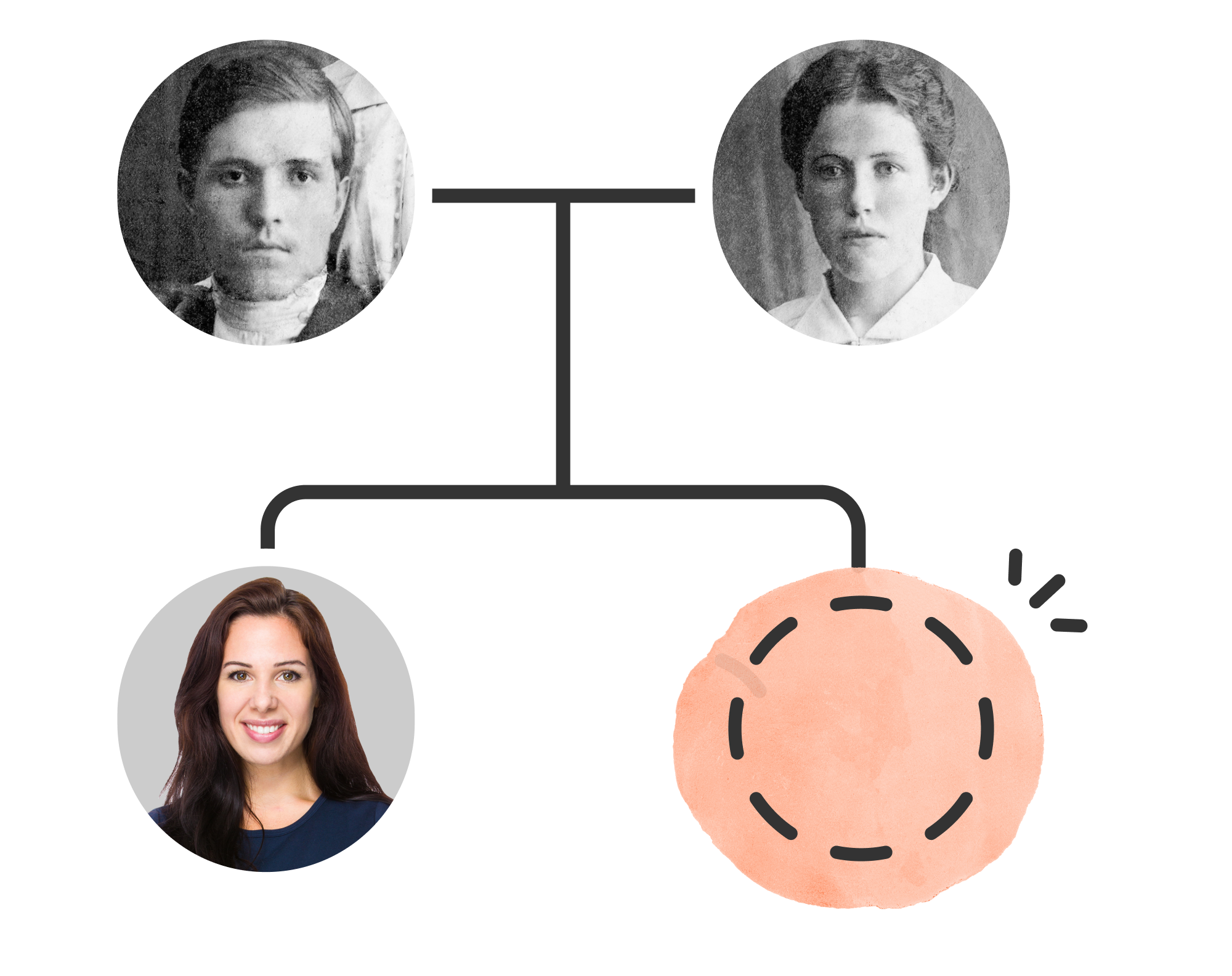Phone books are a valuable yet often overlooked resource for genealogy research. These directories, widely available from the late 19th century through the 20th century, offer a wealth of information that can help genealogists trace family members, uncover residential patterns, and contextualize historical details about ancestors' lives. In this article, we’ll explore the history of phone books, the types of information they contain, and how to effectively use them for genealogical research.
Research your ancestors on MyHeritage
History of Phone Books

The first phone book was issued in New Haven, Connecticut, in 1878, containing a modest 50 entries. By the early 20th century, telephone directories had become commonplace, evolving into comprehensive listings that included not just residential users but also businesses and organizations. As telephone usage expanded, phone books provided a snapshot of communities, documenting the growth of towns and cities.
Different types of phone books were produced:
- Residential directories: Lists of individuals or households with landline numbers.
- Business directories (Yellow Pages): Focused on commercial entities and categorized services.
- Reverse directories (Criss-Cross Directories): Organized by address or phone number rather than name, useful for pinpointing locations or confirming residency.
Why Phone Books Matter for Genealogy
Phone books serve as an essential resource for genealogists for several reasons:
- Tracing Residency and Movement: Phone books can document where and when your ancestors lived in a particular area. By comparing listings over time, you can trace their movements, identify the period they moved into or out of a region, and determine their address history.
- Verifying Family Connections: Listings can provide clues to familial relationships. For example, individuals with the same surname listed at the same or nearby addresses might be relatives. This can lead to uncovering previously unknown branches of a family tree.
- Contextual Clues: Details about businesses, professions, and neighborhood dynamics in the area can offer insights into the lives of your ancestors.
- Overcoming Record Gaps: In some cases, traditional records like census data or vital records might be missing or incomplete. Phone books can fill in gaps, especially for periods between censuses.
- Identifying Occupations and Businesses: Many residential phone books included occupation details or business affiliations. Yellow Pages entries can highlight family-run businesses, providing a starting point for further exploration.
Information Typically Found in Phone Books

The information in phone books varies based on the time period and publisher, but common details include:
- Name: The head of the household or individual subscriber.
- Address: A residential or business address, useful for mapping locations.
- Phone Number: A point of contact that may reveal the household's connection to a wider social or professional network.
- Business Name: Often listed in both residential and business directories.
- Occupation: In some cases, early directories included job titles or professions.
Later editions and reverse directories added more comprehensive details, such as cross-referencing between names, addresses, and phone numbers, which allowed for more in-depth research.
How to Access Phone Books
There are several ways to access historical phone books for genealogical research:
- Libraries and Archives: Many local and regional libraries maintain collections of historical phone books for their areas. University archives and special collections often house old directories, particularly for urban centers.
- Online Resources: Websites like MyHeritage have digitized phone books available for subscribers. Google Books and Internet Archive may also have scans of historical directories.
- Historical Societies: Local genealogical or historical societies may maintain physical copies or microfilm of phone books.
- Government Archives:' Municipal or state archives often preserve phone books as part of their public records collections.
- Public Auctions and Bookstores: Occasionally, old phone books can be found in secondhand bookstores, antique shops, or online marketplaces.
Research Strategies

To maximize the potential of phone books in your genealogy research, follow these tips:
- Identify Relevant Locations and Time Periods: Start by narrowing your search to the locations and years your ancestors were known to have lived. This helps avoid wasting time on irrelevant records.
- Look for Patterns in Listings: Pay attention to recurring surnames in the same neighborhood. This can reveal extended family clusters or social networks.
- Combine with Other Records: Cross-reference phone book entries with other genealogical sources such as census records, city directories, land deeds, and obituaries to confirm details and build a fuller picture.
- Utilize Reverse Directories: When searching for specific addresses, reverse directories allow you to identify who lived at a particular location and when.
- Note Changes Over Time: As you compare entries across multiple years, take note of changes in address, phone numbers, or household members. These may signal major life events such as marriages, deaths, or moves.
- Map Locations: Use online mapping tools or historical maps to visualize where your ancestors lived in relation to workplaces, schools, or places of worship.
Challenges and Limitations
While phone books are a valuable tool, there are some challenges and limitations to consider:
- Availability: Not all phone books have survived, and some regions may have limited coverage.
- Incomplete Listings: Not every household had a telephone, especially in rural areas or among low-income families during the early 20th century.
- Privacy Laws: Modern phone books may have restricted access due to privacy concerns, limiting research to older directories.
- Accuracy: As with any record, errors in spelling, addresses, or phone numbers are possible, especially in earlier editions.
- Restricted Access: Some libraries and archives may require special permissions or fees to access their collections.
Phone books are a great resource for genealogists looking for their ancestors location and even additional information such as occupation and if they owned a businesses.
See also
Explore more about researching in phone books
- Telephone directories record collection at MyHeritage


